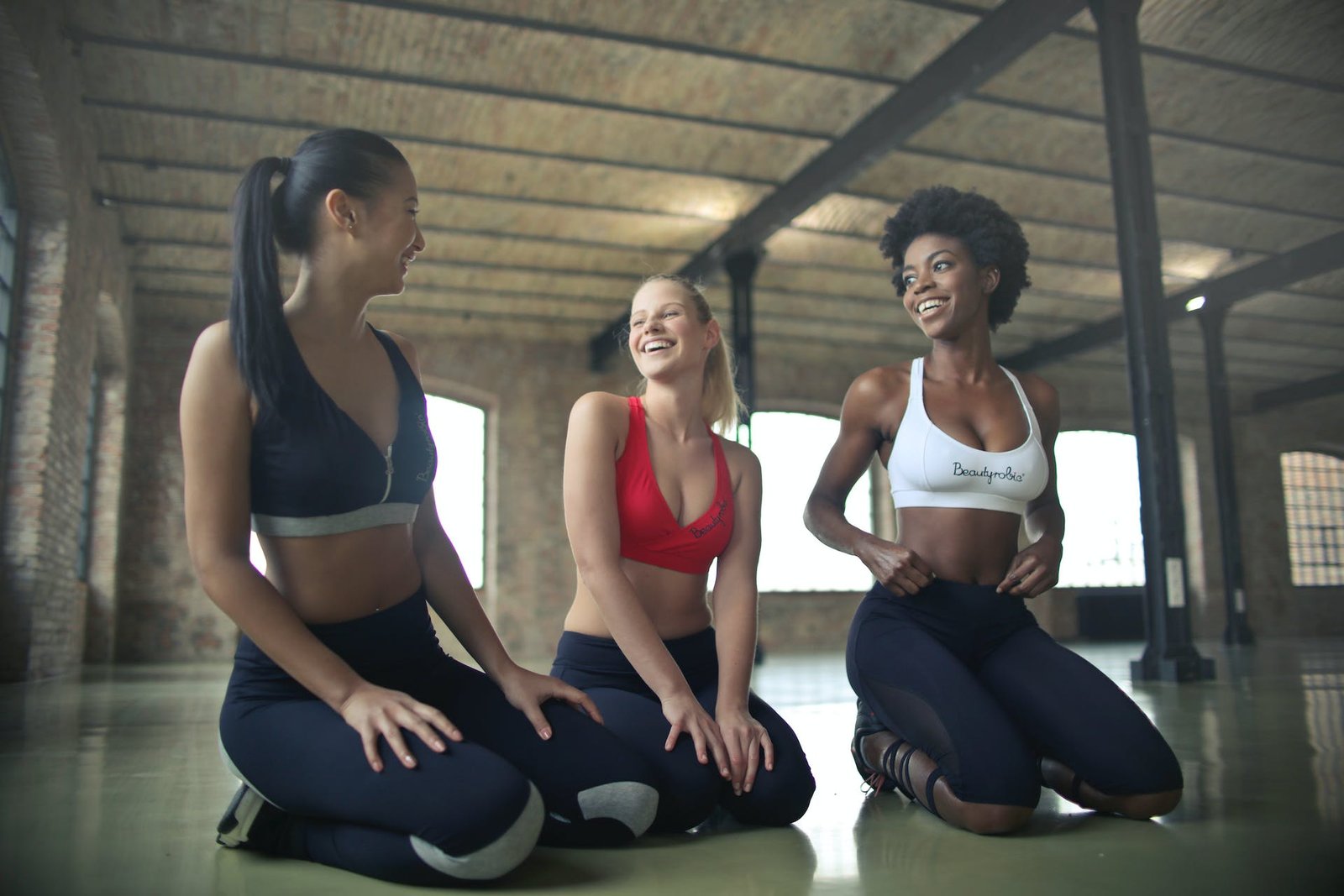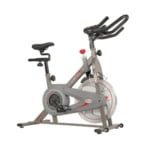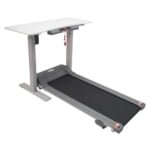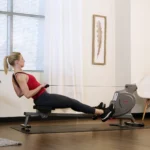Evaluate Objective: Mapping Your Fitness Goals for Success
Discover the importance of evaluating your starting point in the fitness journey. Navigate toward your fitness goals with reflection, guidance, and a reality check.
Welcome, fellow fitness enthusiasts! Embarking on a fitness journey is an exciting adventure, but before we set sail, it’s crucial to know our starting point. Think of it as your fitness GPS – it’s hard to reach your “fitness goals” without knowing where you are right now.

Reflecting on Your Fitness Journey:
Let me share a little secret from my early days in the fitness world. Eager and enthusiastic, I jumped into workouts without a clear understanding of my starting point. The result? Overwhelming soreness and a few weeks of frustration. Reflecting on those initial days, I realized the importance of knowing where you stand.
So, take a moment to reflect on your fitness journey. What’s your experience been like? Any past successes or challenges that stand out? Understanding your history can provide valuable insights as you set new “fitness goals.”
Remember that fitness is a lifelong journey, not a destination. Each step, whether forward or backward, is an opportunity to learn and grow. Celebrate your past victories, learn from setbacks, and let them guide you in shaping realistic and achievable “fitness goals” for the future.
Seeking Professional Guidance:
Here’s a lesson I learned the hard way: seeking professional guidance is like having a fitness compass. In the early days, I tried to navigate the vast world of workouts alone, only to find myself lost in a sea of conflicting information.
Consider reaching out to a fitness pro or your friendly neighborhood healthcare provider. They can offer valuable insights into your current fitness level and provide guidance tailored to your unique needs. It’s like having a personal fitness sherpa guiding you through the peaks and valleys of your journey.
Think of it this way: if you were embarking on a challenging hiking trail for the first time, wouldn’t you appreciate having an experienced guide who knows the terrain? Similarly, a fitness professional can help you navigate the vast landscape of exercise, nutrition, and overall wellness.
Whether it’s a certified personal trainer, a nutritionist, or your healthcare provider, their expertise can provide you with a solid foundation. They can assess your current fitness level, identify any potential health risks, and help you set realistic “fitness goals” based on your individual circumstances.
The Reality Check:
Now, let’s talk about the reality check. Picture this: you’re about to embark on a cross-country road trip, but you’re not sure if your car is up for the challenge. That’s how your fitness journey might feel without a reality check.
Don’t worry; it’s not as intimidating as it sounds. Start by assessing your current fitness level with some basic tests. Check your flexibility, endurance, and strength. Note any areas of discomfort or limitation. This honest evaluation is your roadmap for improvement.
During my early days, I neglected this crucial step. I was eager to jump into high-intensity workouts without understanding my body’s readiness. The result? A few visits to the chiropractor and a valuable lesson learned.
Performing a reality check doesn’t mean you’re not fit or capable. It simply helps you tailor your fitness plan to your unique needs and abilities. You wouldn’t wear shoes that don’t fit, so why follow a workout routine that doesn’t align with your current fitness level?
Think of it as an empowering process – you’re not just acknowledging your starting point; you’re taking control of your fitness destiny. Discovering your strengths and areas for improvement allows you to set realistic “fitness goals” and progress at a pace that suits you.
Conclusion:
Congratulations! You’ve taken the first step in your fitness journey by evaluating your starting point. Reflecting on your past, seeking professional guidance, and performing a reality check are the keys to unlocking your true fitness potential.
Remember, your fitness journey is a marathon, not a sprint. Embrace the process, celebrate every small victory, and learn from challenges. As you embark on this adventure, know that you’re not alone – the fitness community is here to support you.
Call-to-Action:
Ready to dive deeper into your fitness evaluation? Share your reflections or questions in the comments below. Your journey is unique, and we’re here to support you every step of the way!
Home Gym Equipment in collaboration with Sunny Health & Fitness.
FAQs:
Q1: How often should I assess my fitness level?
A: It’s a good practice to assess your fitness level every 3-6 months or whenever you feel a significant change in your routine or health status.
Q2: Can I assess my fitness level at home?
A: Absolutely! Many basic fitness assessments can be done at home, such as testing your flexibility, performing bodyweight exercises, and tracking your cardiovascular endurance.
Q3: Why is professional guidance essential in fitness evaluation?
A: Fitness professionals can provide a comprehensive analysis of your fitness level, identify potential risks, and tailor a plan that aligns with your goals and capabilities.
Q4: What if I discover limitations during my reality check?
A: Discovering limitations is a positive step. It allows you to address specific areas and work on improving them gradually. Consult with a professional for guidance on modifications and safe progress.
Q5: How can I track my fitness progress over time?
A: Keep a fitness journal, use tracking apps, or take regular photos and measurements. Tracking allows you to celebrate achievements and make informed adjustments to your plan.
